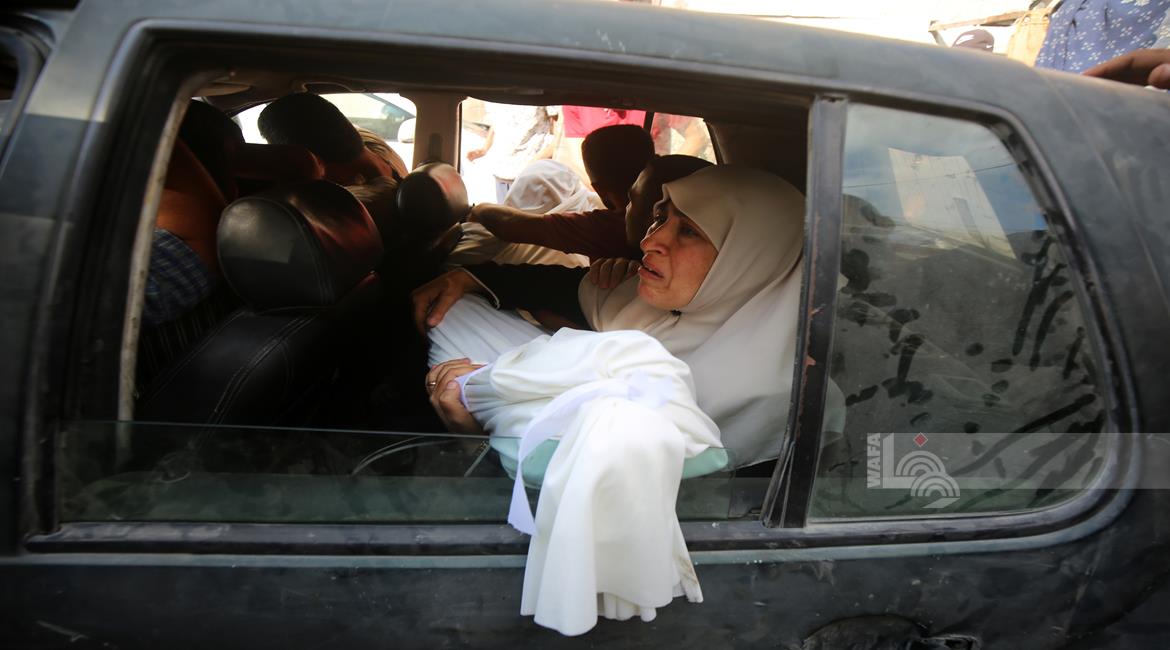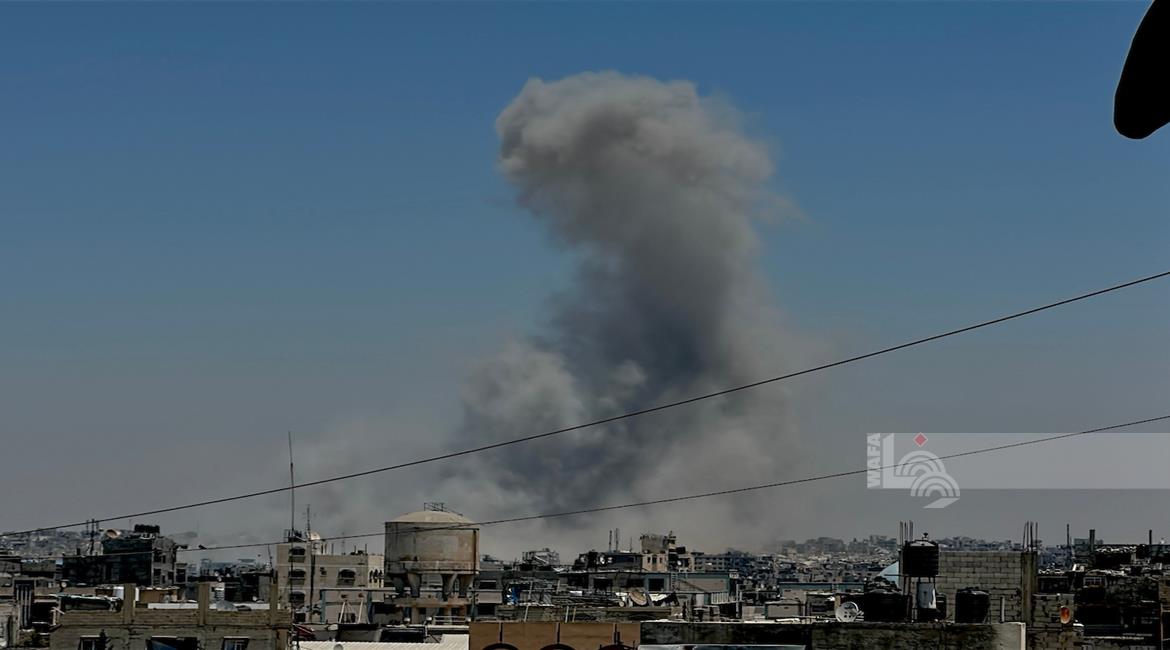By Reem Qadan
RAMALLAH, June 13, 2011 (WAFA) – Medical clinics and centers across the Palestinian Territory are equipped to test, consult and provide medications for HIV and AIDS patients, Monday said Asa'ad Ramlawi, director general of primary health care in the Palestinian Ministry of Health.
He said that obligatory measures like HIV-scanning at blood donation centers and for patients requiring blood transfer are implemented in the Palestinian medical centers.
Ramlawi was commenting to WAFA on the publication of a study for the United Nations Women (UN Entity for Gender Equality and Empoerment of Women) done in cooperation with the Palestinian Health Ministry and Ministry of Social Affairs.
The study, under the title “Exploring Dynamics and Vulnerabilities of HIV Transmission Amongst Sex Workers in the Palestinian Context,” aimed to strengthen the community action to maintain low HIV prevalence as well as to reduce morbidity and mortality by AIDS.
Based on a sample of 28 female “sex workers,” 64 “clients,” and a number of university students, social workers and law enforcement officers, the study showed that 27 of the 28 “sex workers” were victims of gender-based violence while 23 have never been tested for AIDS.
Ramlawi said that this behavioral study targeted individuals most at risk , like sex workers (among other individuals like drug addicts and homosexuals) in order to put prevention plans and terminate the disease.
He said that Palestinian medical centers, within the framework of the program, provide volunteer HIV-test program which accurately and discreetly provides results in matter of minutes. Such centers are supported by governmental and international funds and provide patients with medications, with or without health insurance.
Ramlawi said that 68 AIDS patients have been identified in the Palestinian Territory, two-thirds of them were men. He expected a larger number of HIV carriers that remain undetected by themselves or the medical centers.
Due to the sensitive religious and social nature and means of sexually transmitted diseases, the subject became a taboo in the Palestinian society. With the increase in drug use in the Territory, the risk of catching AIDS is increasing as well.
Consequently, the UN program resorted to peer educators and the implementing of the religious and social powers in raising awareness. Ramlawi said that Muslim religious leaders who deliver the Friday prayer sermons can reach out to the population at large far more than studies and instructional programs.
R.Q./M.A.











